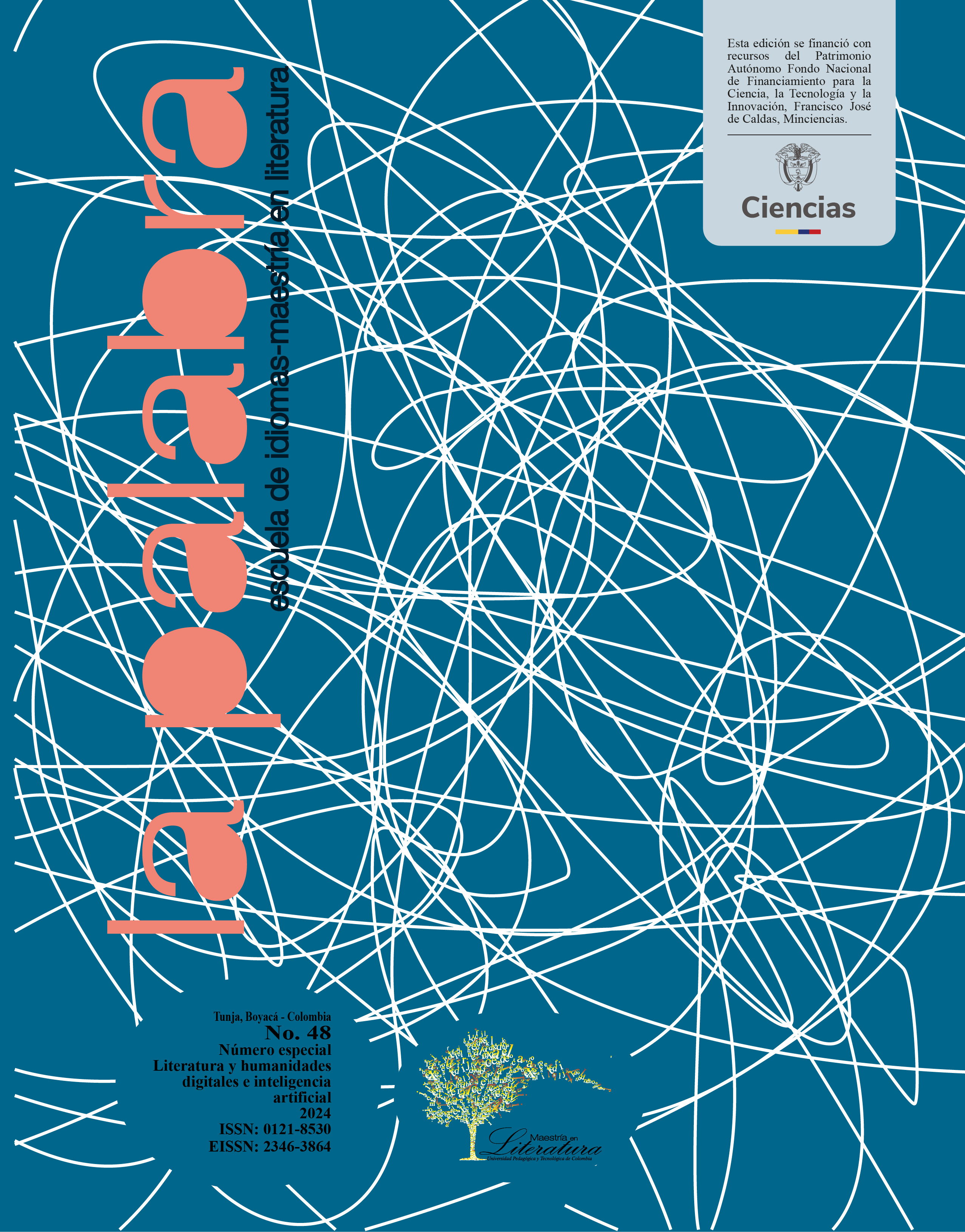The Perception of Future Translators on Literary Machine Translation: Can Artificial Intelligence Capture the Complexity of a Text?

Abstract
This paper explores the results of a classroom based study conducted in the Bachelor’s Degree in Translation and Interpreting program at Universitat Jaume I. The aim is to analyze students’ perceptions of the use of machine translation tools in translating literary texts. Through this qualitative study, the research examines how future translators evaluate the ability of these tools to capture the linguistic, stylistic, and cultural complexity inherent in literary works. The study not only assesses the technical accuracy of machine translation but also considers the interaction between machines and human translators in the literary field, as well as the implications these technologies may have for professional practice and translation education. Students exhibit an ambivalent perception of machine translation, acknowledging its utility but questioning its ability to capture literary nuances.
Keywords
literary translation, machine translation, artificial intelligence, trainee translators, higher education
References
- Baños, Gisela. El sueño de la Inteligencia Artificial: El proyecto de construir máquinas pensantes: una historia de la IA. Shackleton Books, 2024. Impreso.
- Barrantes, Rodrigo. Investigación: Un camino al conocimiento, Un enfoque cualitativo, cuantitativo y mixto. EUNED, 2014. Impreso.
- Carré, Alice, et al. “Machine translation for language learners”. Machine translation for everyone: Empowering users in the age of artificial intelligence, editado por Dorothy Kenny, pp. 187-207. Language Science Press, 2022. Impreso.
- Euchner, Jim. “Almost human”. Research-Technology Management, 2023, vol. 66, núm. 2, pp. 10-11. Web. 10 de diciembre de 2024. https://doi.org/10.1080/08956308.2023.2164831 DOI: https://doi.org/10.1080/08956308.2023.2164831
- Gallent-Torres, Cinta. “El impacto de la inteligencia artificial en el aprendizaje de segundas lenguas: oportunidades y desafíos”. Investigación educativa en red frente a los desafíos de la educación, editado por Eva Aguilar, Marta Salmerón, Mario Valera, María Vanrell y Josep Vidal, Octaedro, 2024, en proceso de publicación.
- Gallent-Torres, Cinta. “L’utilisation de l’IA générative dans le cadre de l’enseignement du FLE: Aspects pratiques et considérations éthiques”, Inteligencia artificial, ¿amiga o enemiga?, editado por David Caldevilla. Peter Lang, 2024, pp. 123-131. Impreso.
- Kay, Martin. The Proper Place of Men and Machines in Language Translation. Informe interno Xerox Corporation, 1980. Impreso.
- Moorkens, Joss y Ana Guerberof. “Artificial intelligence, automation and the language industry”. Handbook of the Language Industry, editado por Gary Massey, Maureen Ehrensberger y Erik Angelone. De Gruyter, 2024, pp. 71-98. Impreso. https://doi.org/10.1515/9783110716047-005 DOI: https://doi.org/10.1515/9783110716047-005
- Ñaupas, Humberto, et al. Metodología de la Investigación: Cuantitativas-Cualitativas y Redacción de Tesis. Ediciones de la U, 2018. Impreso.
- Oliver, Nuria. “Inteligencia Artificial, naturalmente”. Pensamiento para la Sociedad Digital, vol. 1. Observatorio Nacional de las Telecomunicaciones y de la SI, Gobierno de España, 2020. Web. 5 de agosto de 2024. https://www.ontsi.es/sites/ontsi/files/2020-06/InteligenciaArtificialNuriaOliver.pdf
- Pym, Anthony, y Esther Torres. “Efectos de la automatización en las competencias básicas del traductor: la traducción automática neuronal”. Ocupaciones y lenguaje. Indicadores y análisis de competencias lingüísticas en el ámbito laboral. Publicacions de la Universitat Rovira i Virgili, 2021, pp. 479-509. Impreso. https://doi.org/10.1515/ijsl-2021-0039 DOI: https://doi.org/10.1515/ijsl-2021-0039
- Quintana, Alberto. “Metodología de Investigación Científica Cualitativa”. Psicología: Tópicos de actualidad, editado por Alberto Quintana y Walter Montgomery, Universidad Nacional Mayor San Marcos, 2006. Impreso.
- Rodríguez, Antonio. “Fronteras literarias de la inteligencia artificial: análisis textual, traducción automática, y generación de texto en la literatura comparada”. Argos, vol. 11, núm. 27, 2024, pp. 16-24. Web. 11 de agosto de 2024. https://doi.org/10.32870/argos.v11.n27.2.24a DOI: https://doi.org/10.32870/argos.v11.n27.2.24a
- Ruiz Casanova, José. “Por qué preferimos imaginar el futuro a preguntarnos por el presente: La traducción literaria y la IA”. Revista de Historia de la Traducción, 2023, 1611. Web. 11 de octubre de 2024. https://raco.cat/index.php/1611/article/view/428218/522679
- UNESCO. Educación para los Objetivos de Desarrollo Sostenible: objetivos de aprendizaje. Organización de las Naciones Unidas para la Educación, la Ciencia y la Cultura, 2017. Impreso.
- Vygotsky, Lev. Pensamiento y lenguaje. Paidós, 2010. Impreso.
- Zhang, Jiling. “Impact of Artificial Intelligence on Higher Education in the Perspective of Its Application of Transformation”. Lecture Notes in Education Psychology and Public Media, vol. 2, 2023, pp. 822-830. Web. 10 de noviembre de 2024. https://doi.org/10.54254/2753-7048/2/2022483 DOI: https://doi.org/10.54254/2753-7048/2/2022483
